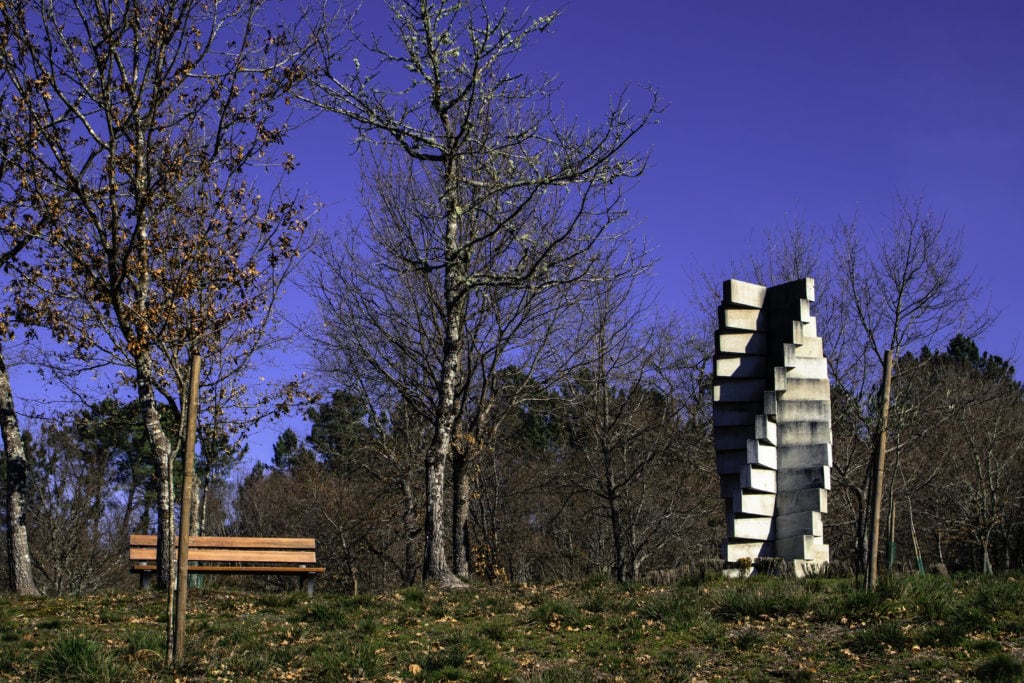Rexurdimento

Galicia experienced a significant revival of its linguistic traditions in the mid to late 19th century. The Rexurdimento - “resurrection” - became part of a general revival of non-Castilian traditions, producing authors such as Emilia Pardo Bazán [Newcomb, 2017: 67-69]. The xogos froares (‘cold games’), the Galician equivalent of the jocs florals (‘floral games’) of Catalonia, served to enliven and stimulate Galicia’s literary culture [Leerssen, 2015: 9]. Individuals like Rosalía de Castro flourished as Galician poets and began to explore Galician language and identity, and her 1863 Cantares Gallegos was the first major work in Galician to be written in centuries [Rodriguez, 2017]. Others, such as Emilia Pardo Bazán, explored this revitalized culture from a dual Galician and Spanish identity, choosing to write in Castilian to reach a wider audience [“Galician Literature”, 2019]. These acts of cultural fusion caused some controversy, as they were perceived to not fully support the Gallego culture. In this way, they epitomized the internal debate between the separatist urges in the Galician national identity movement and anti-separatist Galician elements.
The Rexurdimento and the works that developed within it helped spark the beginnings of a modern Galician literary canon [Consello da Cultura Galega., n.d]. The development of a Galician dictionary and grammar, coupled with these formative literary works, helped to promote Galician as its own language apart from the influence of Castilian [Beswick, 2007: 63-65]. However, the literary revival was not enough to counteract the mass exodus of rural workers from the countryside – the core remaining bastion of pure Galician – to the cities – where using Castilian was vital for peoples economic well-being [Beswick, 2007: 64-66]. The next few decades would, therefore, see a rise in various organizations that would take up the preservation and cultivation of Galician language and culture: The Real Academia Galego (RAG) and Associaçom Galega da Língua for the official organization of the Galician language, and organizations like the Irmandades de Fala and Xeración Nós for cultural expression [Screti, 2018].